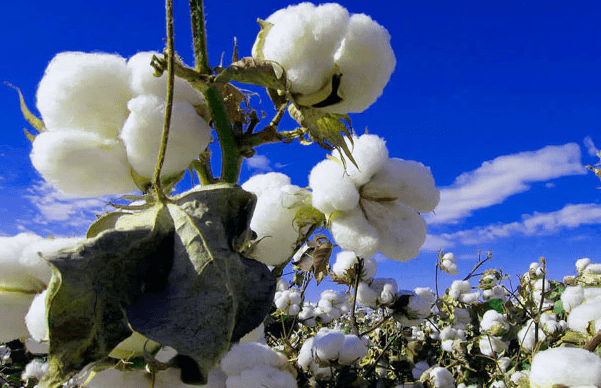Cotton production represents 5% of glyphosate use in Mexico, of which 100% is imported and reformulated by Mexican companies, according to a report from the United States Department of Agriculture (USDA).
Since November 2019, the Ministry of the Environment and Natural Resources (Semarnat) has unilaterally stopped issuing import permits for the pesticide glyphosate, citing the precautionary principle.
Secretary Víctor M. Toledo has mentioned on several occasions that he is promoting an agroecological public policy, which would include the elimination of agricultural inputs used to protect crops from pests and diseases.
The USDA indicated that this measure would represent a total ban on the use of glyphosate in the country, resulting in an increase in labor, increased costs for alternative protection from pests and diseases, and will likely result in lower yields. .
Glyphosate
Semarnat issued negative binding opinions for all requests to plant transgenic cotton this year, resulting in a shortage of seeds available for planting.
While Semarnat is responsible for reviewing and issuing binding opinions for the permits, the Ministry of Agriculture and Rural Development (Sader) delivers the permits directly to the seed companies.
Semarnat cites concerns of genetically modified varieties that intermingle with traditional wild cotton populations found in the south of the country, as well as the absence of an indigenous consultation process that must be carried out by the government as a reason for rejection.
Wild cotton populations are not found in the north, where most commercial cotton is grown.

Permit refusals have had significant ramifications for cotton planting in Mexico, as growers have access to very few outdated GM seed varieties that are not compatible in all growing areas and result in low yields and ineffective protection. against pests.
For comparison, highlights the USDA, the government of Mexico has approved only four commercial GMO events, while Brazil has 21 events available for producers.
![]()

